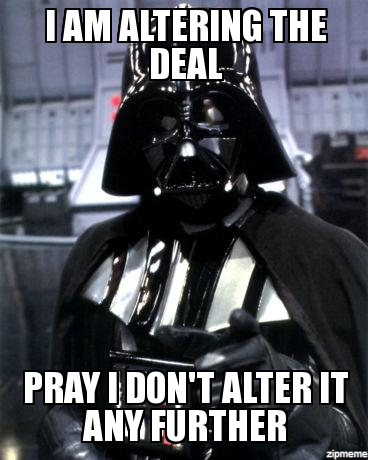The Chicago Police Department (CPD), like seemingly every other government agency, has a watch list. And like every other government agency’s watch list, CPD’s contains names that don’t fit into its described scope:
Yet the list is far broader and more extensive than Johnson and other police officials have suggested. It includes more than 398,000 entries — encompassing everyone who has been arrested and fingerprinted in Chicago since 2013.
Nearly half of the people at the top of the list have never been arrested for illegal gun possession. About 13 percent have never been charged with any violent crime. And 20 of the 153 people deemed most at risk to be involved in violent crime, as victim or shooter, have never been arrested either for guns or violence.
[…]
The police concluded the people who hadn’t been arrested for guns or violence were at great risk to commit a violent crime or become the victim of one — and, as a result, should be watched closely — because they:
- Had been shot or assaulted.
- Had been identified by the police as a gang member.
- Or recently were arrested for any crime, even a nonviolent offense.
Watch lists are always advertised by government agencies as having names of suspected criminals. However, they always end up containing names of people that don’t fit the advertised criteria. This is why those of us who aren’t a bunch of statist bootlickers are so touchy about punishing people for having the misfortune of being placed on a government watch list.
If, for example, CPD’s Strategic Subject List was used to prohibit gun ownership (something gun control advocates want done for people appearing on federal terrorist watch lists), people would find their gun ownership privileges revoked because they were the victim of an assault.
